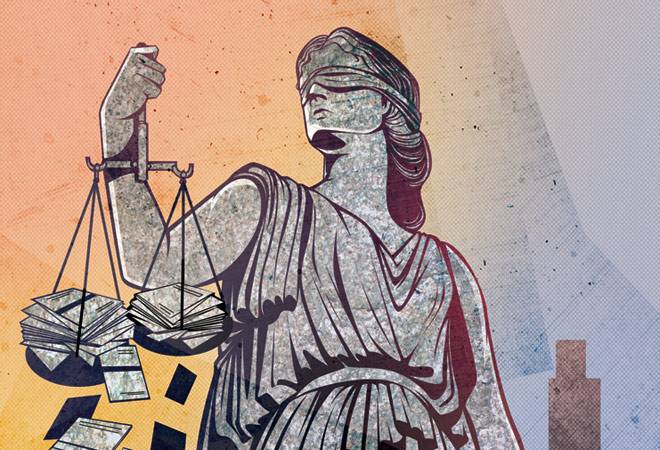Understanding the Status of Illegitimate Children in Haryana:
In Hindu law, the term “illegitimate children” refers to those born out of wedlock or children whose parents were not legally married at the time of their birth. Traditionally, these children were often denied certain rights and privileges, including inheritance and property rights. However, with the changing times and evolving legal landscape, significant progress has been made to protect the rights of illegitimate children.
Legal Provisions for Illegitimate Children’s Property Rights :
The core essence of Section 16(3) of the Hindu Marriage Act is to ensure that an illegitimate child, born out of a relationship that is not recognized as a lawful marriage, is not deprived of their rightful property rights. The Supreme Court, in the case of Revansiddappa and Others v. Mallikarjuna and Others, provided a significant interpretation of this provision.
The court emphasized that the birth of a child in an illegitimate relationship should be evaluated independently of the relationship between the parents. It ruled that a child born in such a relationship is innocent and entitled to all the rights given to children born in valid marriages. The court held that the purpose of Section 16(3) is to provide financial security to legitimate children, regardless of the legal status of their parents’ relationship.
In light of this interpretation, the Supreme Court affirmed that an illegitimate child has the right to inherit both ancestral and self-acquired property from their parents under the Hindu Marriage Act. The court rejected the notion that illegitimate children should be discriminated against and declared that they should be treated on par with children born of valid marriages. Therefore, an illegitimate child is entitled to claim their rightful share in their parents’ property, whether it is self-acquired or ancestral, as per the broad and general language of Section 16(3).
This interpretation by the court signifies a shift in societal perception of the term “illegitimate” and aims to eliminate the social stigma associated with it. The evolving standards of society and the recognition of the rights of illegitimate children reflect the progressive nature of the law and its intention to bring about positive social changes.
It is important to note that the court’s decision in Revansiddappa’s case is significant, but there is still ongoing consideration for a larger Bench regarding the rights of illegitimate children in their father’s ancestral property. The matter is yet to be conclusively decided by the Supreme Court, and further clarification may be provided in the future.
Overall, the interpretation of Section 16(3) of the Hindu Marriage Act ensures that illegitimate children are not denied their rightful property rights and are given equal opportunities for financial security and inheritance as children born of valid marriages.
Challenges and Remedies:
While the law now provides equal rights to illegitimate children , navigating the legal process and proving their relationship with the father can be complex and challenging. This is where our expertise and experience at the Law Offices of Kr. Vivek Tanwar Advocate and Associates come into play.
Our team of dedicated legal professionals is well-versed in handling cases involving property rights of illegitimate children under Hindu law. We understand the emotional and legal complexities involved in such matters and strive to provide effective and compassionate legal representation to our clients.
Conclusion:
The property rights of illegitimate children in have come a long way, thanks to progressive legal reforms. The amended Hindu Succession Act, 1956, has provided much-needed recognition and protection to these children, allowing them to inherit their rightful share in their father’s property.
Written by : Adv. Anjali Bablani (D/3397/2016)

